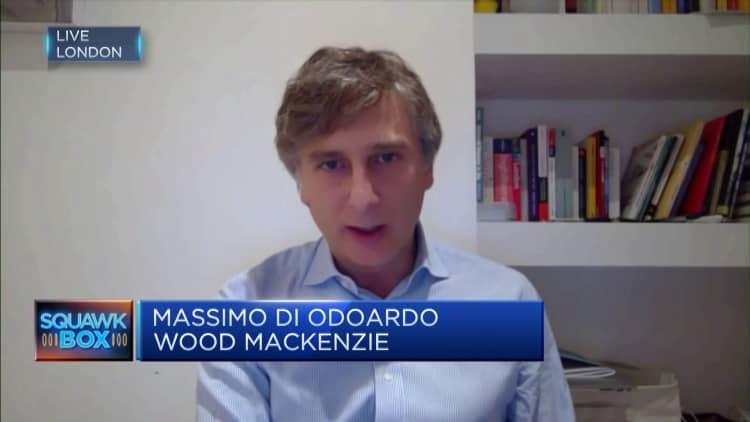Shares in the Asia-Pacific were mostly lower as markets in the U.S. were closed for the Thanksgiving holiday and slated to end its session early on Friday.
In Japan, the Nikkei 225 fell 0.35% to close at 28,283.03 and the Topix ended its session at 2,018.0 as the nation's capital city saw the highest core consumer price index reading since 1982. In South Korea, the Kospi fell 0.14% to 2,437 and the S&P/ASX 200 in Australia rose 0.24% to 7,259.5.
Hong Kong's Hang Seng index traded 0.49% lower to 17,573.58, while the Hang Seng Tech index lost more than 2%. In mainland China, the Shanghai Composite gained 0.4% to 3,101.69 and the Shenzhen Component lost 0.48% to 10,904.27.
China's reported Covid cases continued to rise Thursday. Zhengzhou, where protests took place at Apple supplier Foxconn's iPhone factory, said it would conduct mass testing.


